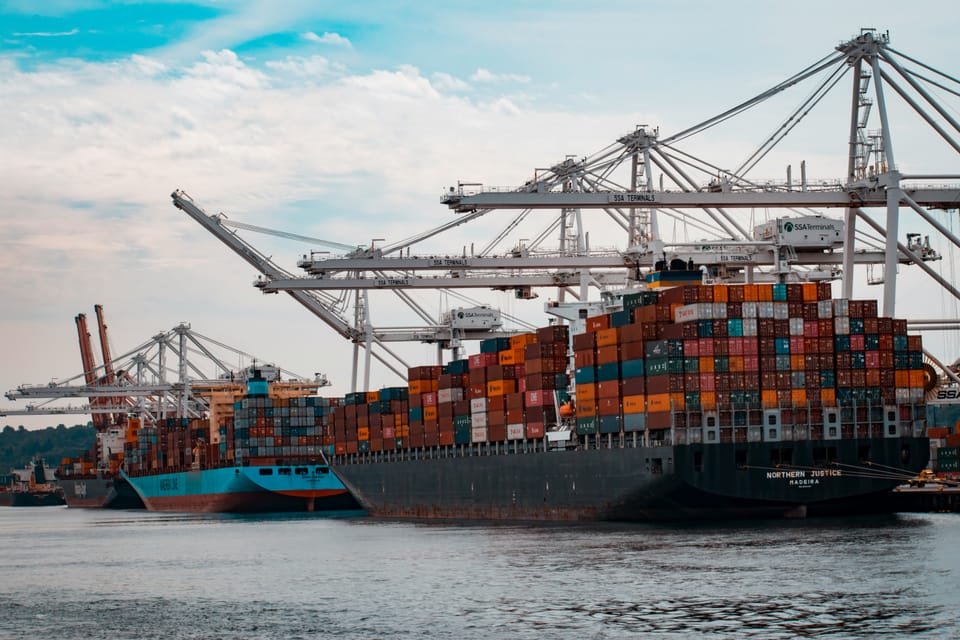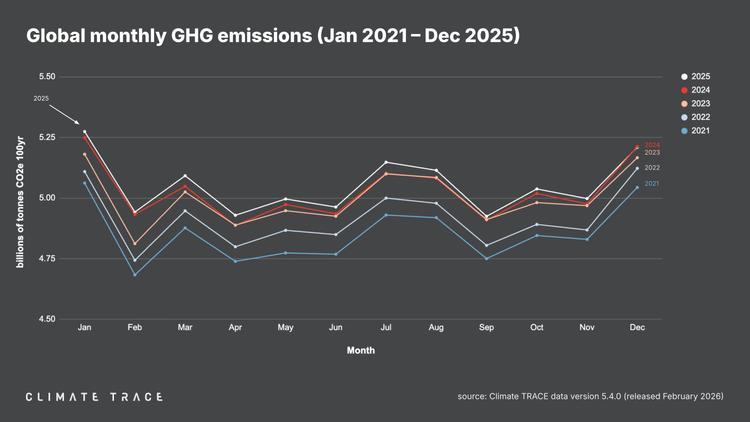EU poised to exempt 90% of importers from Carbon Border Adjustment Mechanism
99% of CO2 emissions from iron, steel, aluminium and cement imports still covered.

The European Parliament today approved a proposal to exempt 90% of importers from having to pay a levy on imported emissions as part of the Carbon Border Adjustment Mechanism (CBAM).
The European Commission’s proposal to create a minimum threshold of 50 tonnes of emissions for inclusion in CBAM’s scope is part of its Omnibus package to simplify sustainability compliance for companies.







